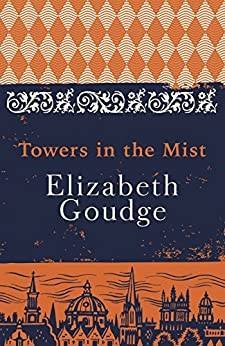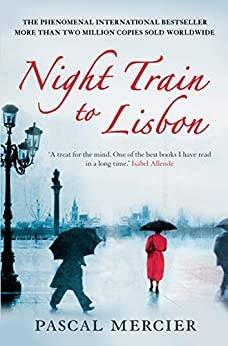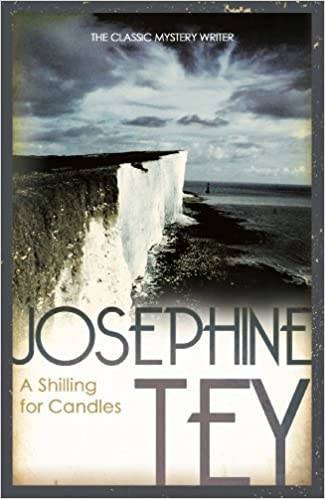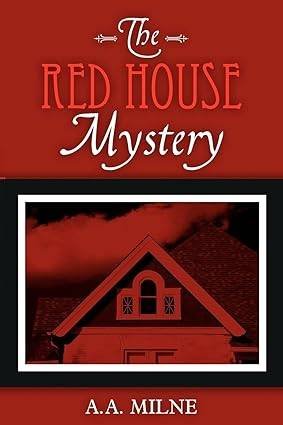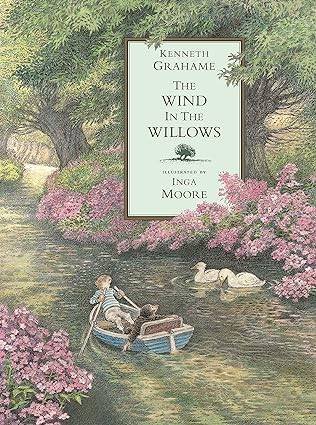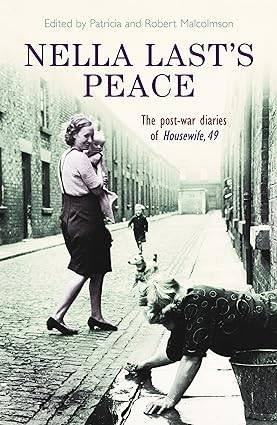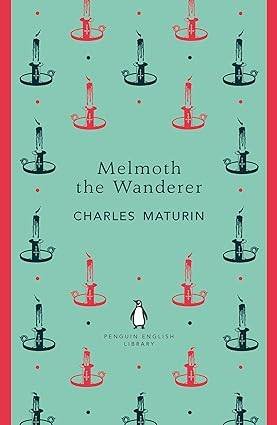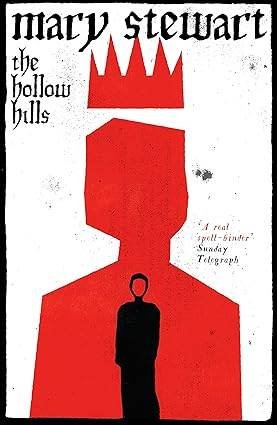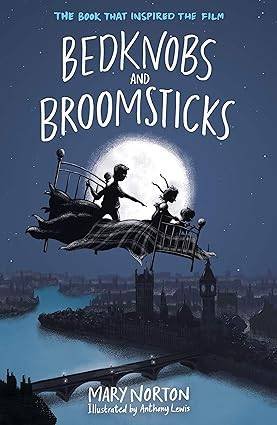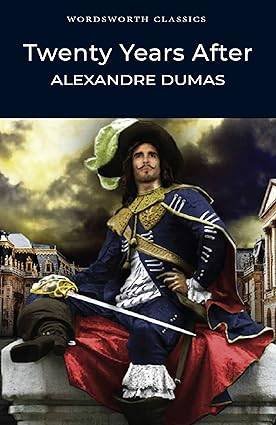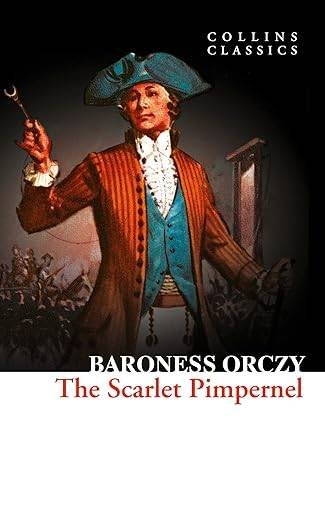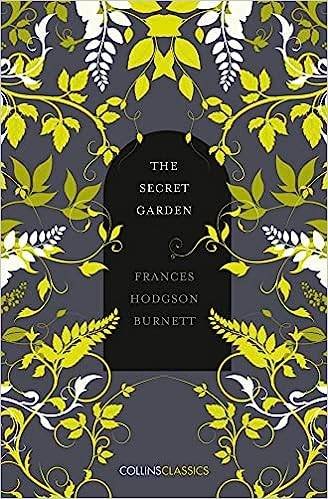Home » Book Reviews » Robert Graves » Wife to Mr Milton by Robert Graves
Possible spoilers ahead
Frustratingly I can’t remember who recommended this book to me or where I heard about it, but it was on my list of books to read so I must have heard about it from somewhere. It is set in 1640s Oxford and it was interesting to learn about the traditions and way of life during that time in history, particularly the local traditions they followed such as Twelfth Night celebrations with masquerades, and also to learn more about the English Civil War. I did find the book quite slow-paced, but I found I was mostly puzzled by the purpose of the book and the aim of the author and I seemed to spend more time trying to work this out rather than enjoying the book.
It’s written from the point of view of a young 15 year old girl, Marie Powell. She thinks herself in love with Edmund (Mun) Verney, who is ten years older than her and doesn’t sound particularly reliable or responsible. She is given a journal by her grandmother, and the book is written in the form of Marie’s journal and reads like a letter to a friend or family member, as it’s full of lots of detail about little events in Marie’s life. The family seem fairly wealthy and educated, and their conversations and debates are interesting, particularly Marie’s debates with her brother about literature. However, Marie’s father is heavily in debt with loans he has taken out and not repaid, and one of these debts is to John Milton so he suggests to Marie that she marry Milton. She agrees as she has read his poetry and sympathises with many of his ideas and arguments, and even though her and Mun had declared their love for each other she has heard he is courting other girls so she sees no point in waiting for his love.
I was fascinated by the description of Milton’s arrival, as there is then a debate about dinosaur bones and fossil shells found in the area and they try to explain what these are and how they arrived at a place so far from the sea, whilst still incorporating the idea that God created the world in seven days, I guess these were subjects that went on at that time, but it seems amazing now to consider that dinosaurs weren’t known about, and alarming too to consider what finds were subsequently lost before they realised what they had. There are lots of interesting details of what’s happening with the King and parliament and the Scots and religious rules. I’m not sure quite what it is that makes this book enjoyable to read as it is quite slow, I think it must be the honest way that Marie writes, she admits her foolishness and mistakes, she lists her sins and temptations, she tries to deny herself things and to improve herself, and she honestly admits her love for Mun and her meetings with him. The language is quite old-fashioned, so it seems of that time and makes her record seem more genuine.
However I am puzzled and intrigued by the author’s aim and purpose of the book really. The book is written by a man, Graves, in the voice of a young girl, Marie. Is he trying to paint a picture of what life was like during the important and tumultuous time of the English Civil War, and how the political and religious situation was, to show the conflict between families of different political persuasions, and the behaviours of the King and the Scots? But Marie doesn’t really give an opinion on these subjects, she just records them in her diary much as I imagine the subjects were spoken about in her house and what her understanding of them was, and a young girl’s diary seems a strange vehicle to use to record this period of history, but maybe it makes the historical record more believable as it reads like the voice of someone living through it? Or is the book supposed to be the private thoughts of a young girl? However you wouldn’t imagine Graves would have much knowledge of the thoughts of a young girl. Graves says it’s not a biography, so is it therefore a work of fiction and his imagination, and if so then why? And why focus on Marie, and not Milton himself? I can’t imagine there was much recorded about Marie’s early life, so is all of this just Graves’ imagination? And Milton was a famous poet and campaigner, so are all the speeches from him within the family genuine, or just made up? Is the book an attempt to show another side to Milton, but then what’s the point or value of this if it is mostly Graves’ imagination? I keep forgetting that these were real people, which then bothers me all over again every time I remember they were real as it feels wrong to hear them say possible fictional things and to form an opinion of them from a possibly fictionalised account.
I have taken a break from the book to read about John Milton (thinking maybe the book would mean more if my history was better and I knew more about him from the start!). He seems to have been hugely influential at that time of the English Civil War, but I think his poetry would go over my head so I don’t feel I could understand him or appreciate him fully. I’ve also read up on the English Civil War and the two sides fighting about how England is to be governed, it seems to me this was not disputing royal rule but saying this royal rule needs to be governed and checked and monitored by parliament. Oxford seems to have been royalist, whereas Milton I presume is for parliament as he argues for free speech etc. I’ve also read about Robert Graves, a poet and novelist, and interestingly it appears he hated Milton’s poems and seemingly hated the man himself! I was presuming, as a poet, that Graves revered Milton’s work and this is therefore why he wrote this book, but it seems the opposite was the case. So now I’m wondering if this book is an attempt to disparage Milton and to paint him in the worst possible light. Apparently Graves said his sources for his book were Milton’s poems, which he felt exposed the true feelings of the man towards his young wife.
Milton is definitely portrayed as an arrogant and self-opinionated man. He interrupts Marie’s brother James, talking over him and not listening to his view, and not taking part in a conversation or debate with James but seeming just to lecture him and patronise him. Marie asks Milton why he decided to marry, and he says it is because he thinks that being with a woman will aid his poetical abilities ‘before he may write a noble and immortal epic or grand dramatic poem, a man must first achieve the satisfaction of his natural flesh. That I have never known a woman carnally is, I believe, the cause why I am now so greatly delayed in the task which I have set myself’ (an unusual reason for marriage!). In approaching her marriage Marie believes that ‘in agreeing to marry him I had reasoned that he would hold himself in such haughty superiority that I could live in a manner apart from him…only thus could I preserve unhurt that true and enduring love that bound me to Mun’ (oh dear, I feel that doesn’t bode well!). At the wedding, Milton disapproves of the traditional village celebrations, and tells Marie she must change her name to Mary and will ban any family member or friend from the house that continues to call her Marie (!). The first few weeks of marriage don’t go well with misunderstandings between them, which Marie tries to solve but Milton won’t allow her to explain and locks her in a room. He eventually sends her back to her father saying he will only take her back when he receives the money from her father for the marriage settlement. When the English Civil War begins with the fighting between King and parliament, Marie fears her brothers may be on one side (the King’s) and her husband the other side (parliament’s). But her husband then apparently decides that the life of a poet is worth preserving and worth more than soldiers’ lives so he doesn’t volunteer to fight and composes poems instead about the war (I guess Graves is using this to disparage Milton again). Oxford is where the King bases himself, so is a place central to the war and battles. Marie is convinced to go back to her husband by a highly-regarded colonel as the authorities are concerned about the influence of his divorce pamphlet, they also tell her he is planning to take another woman who will suffer more than she has done (it seems strange to me that she goes back to him knowing she will be unhappy there, but I guess women had very little rights or voice then). Marie’s father dies, still in great debt. England executes the King (my lack of historical knowledge again shames me, but I still can’t quite believe that England has actually executed an King!). Marie has two girls by Milton, the first has one leg shorter than the other, which Milton claims was caused by Marie not wanting the child (!). Milton gets a job with the new government, dealing with texts and censorship of the press (which is ironic as he had previously campaigned for freedom of the press, but this seemed to have been for the benefit of his book). He still broods over the missing £1000 marriage portion, and uses the lack of that as an excuse for not affording a servant and Marie having to run the house. Milton becomes famous by defending the King’s death and publicising all the King’s faults, he was employed by parliament to do so in response to articles by Salmasius stating the opposite. Milton goes blind. Marie dies shortly after the birth of her fourth child, after being physically damaged by the birth of her third child (who she also believed was Mun’s soul!). At his death, Milton’s will leaves nothing to Marie’s children as the marriage portion debt is still outstanding (!).
Well, it’s difficult to identify quite how I feel about this book. I guess it’s good that it has intrigued me and good it has ensured I have learnt more about the English Civil War, and about John Milton (and by one of those strange coincidences, I saw a portrait of Milton recently which quite fascinated me as I felt like I kind of knew him from reading this book, but then do I only really know Graves’ version of him?). Overall, I am still puzzled about the purpose of the book, and I feel this distracted me from the book. I realise I have another Robert Graves’ book on my list of books to read, Goodbye To All That, so I will be interested to read that to see how I then feel about Graves.

